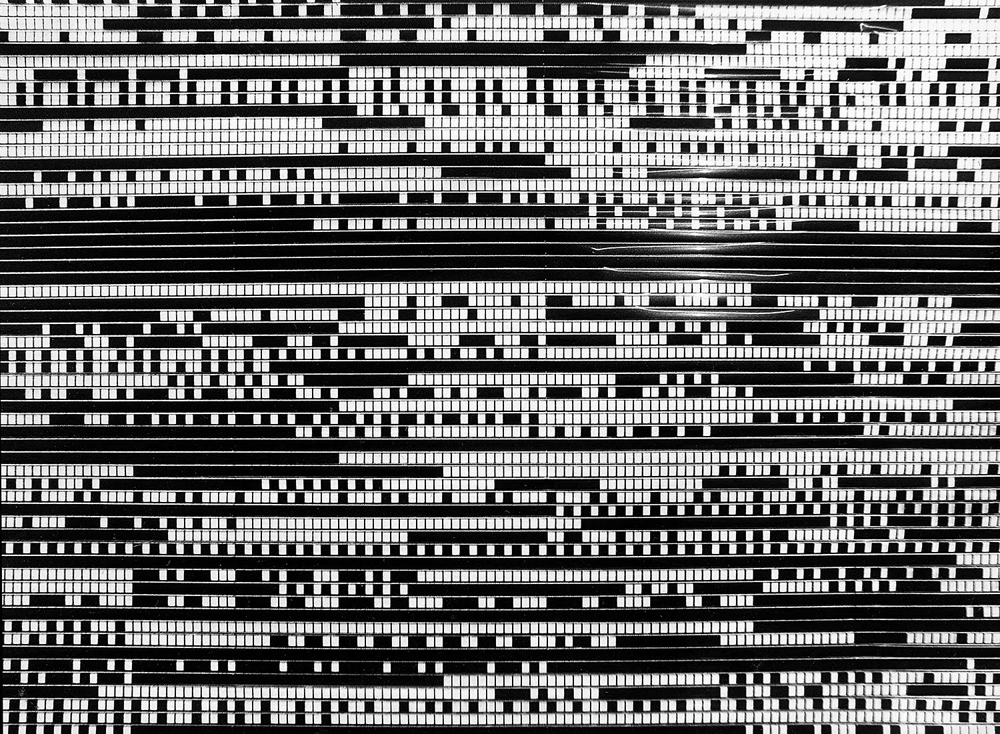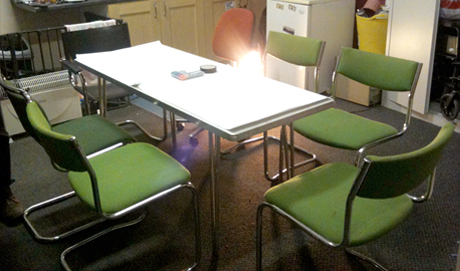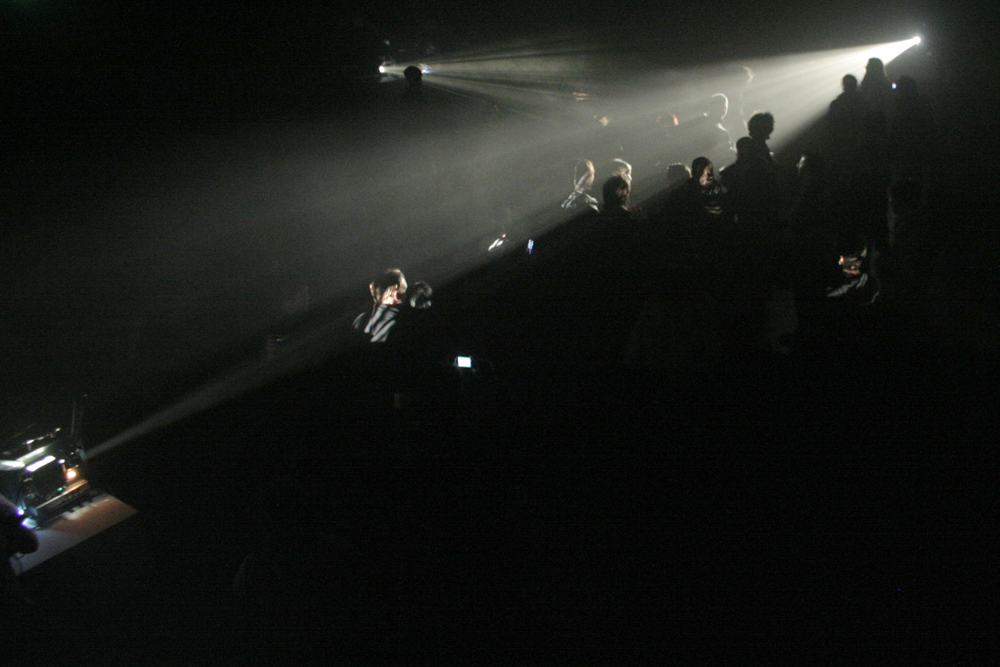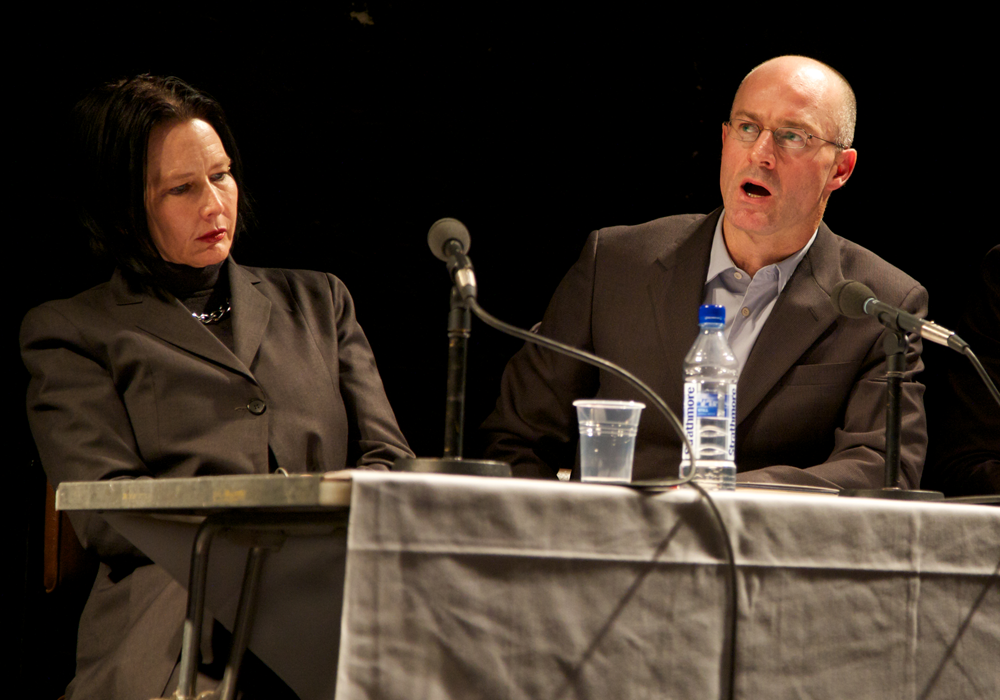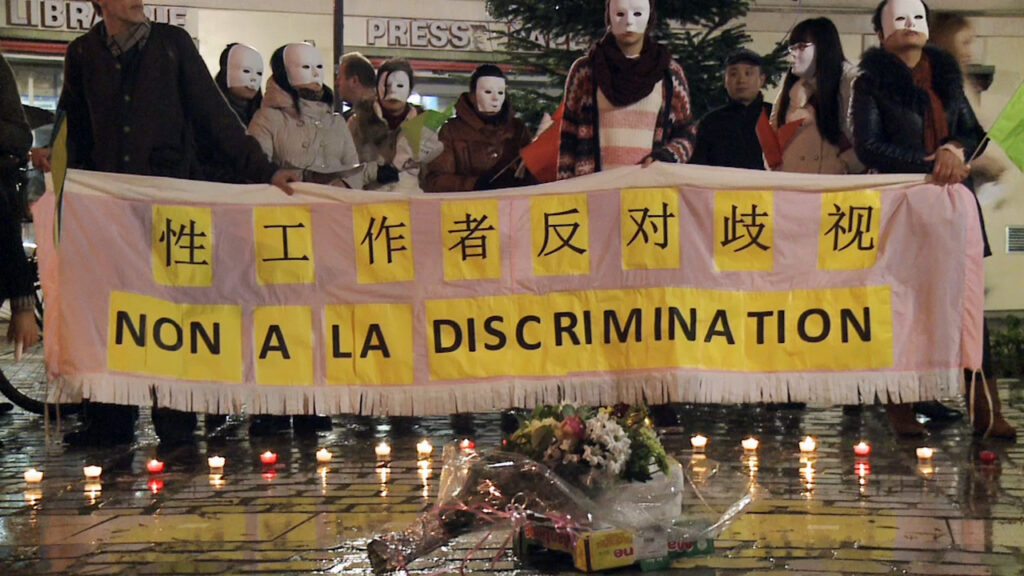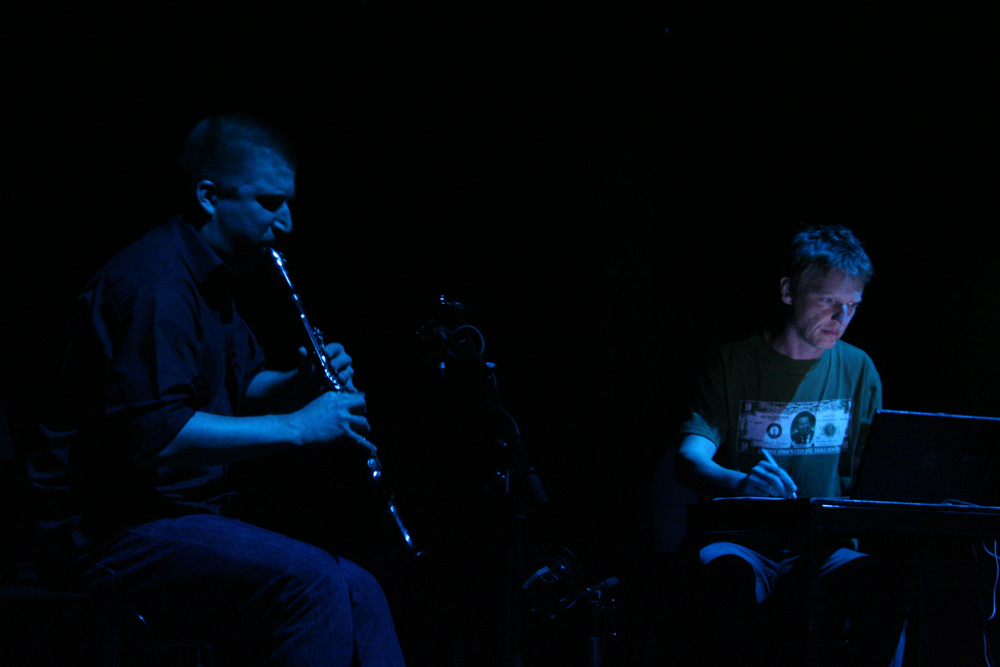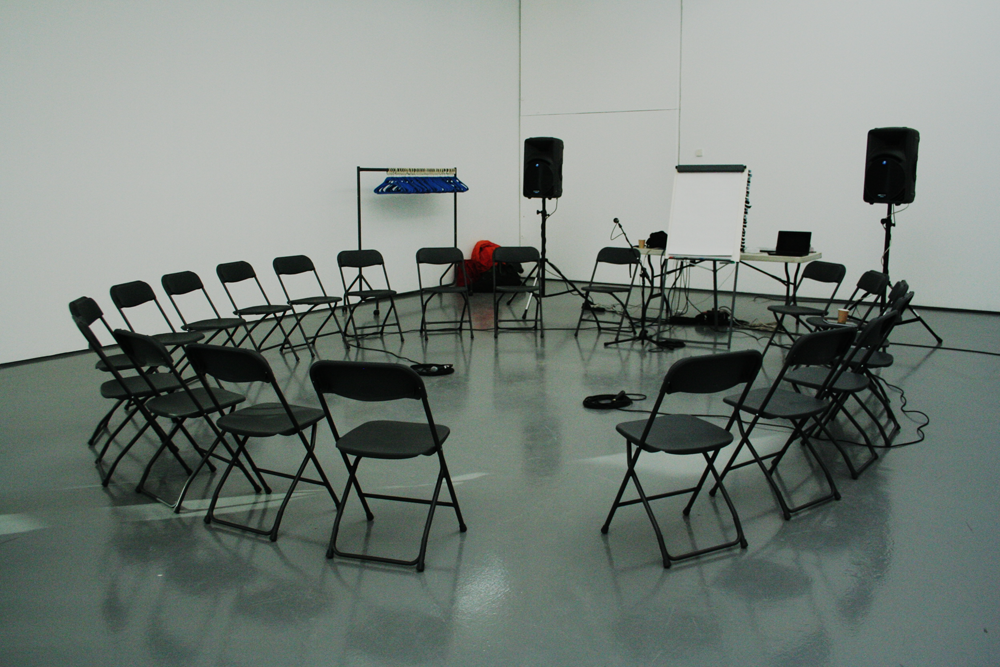
Investigation – Loïc Blairon & Marc Baron
Loïc Blairon Marc Baron
Loïc and Marc are proposing a series of investigations into the tension between improvisation and recording and how it can be used to engage with different spaces and environments around Dundee



